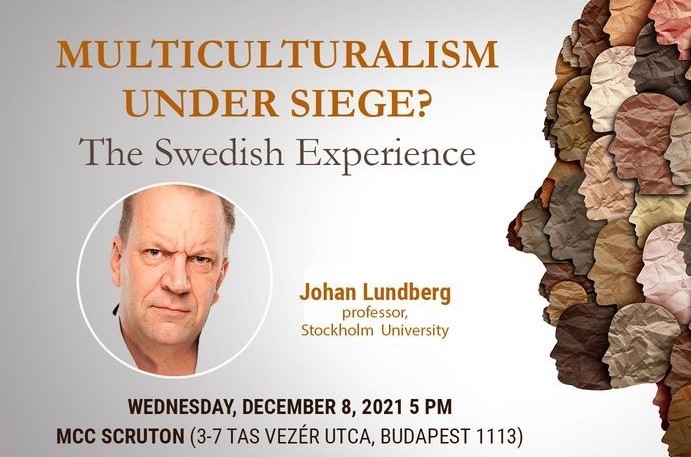The social and political contract of the Swedish society is based on multiculturalism. Nevertheless, in the last decades, the arrival of migrants from the Middle East and Sub-Saharan Africa also meant the arrival of new social structures and systems to the country. While there are numerous examples of successful integration and fruitful coexistence between the host communities and the newcomers, the existence of parallel societies and the increasing number of ghettos have also become a part of the landscape. While political discussion on the topic is still a taboo in Sweden, more and more symptoms demonstrate that change is needed to face the social challenges and the emergence of clan-based delinquency, which collects the losers of integration.
Program:
17:00-17:05 Opening remarks: Viktor Marsai, research director, Migration Research Institute
17:05-17:45: Roundtable discussion with Johan Lundberg, professor, Stockholm University
17:45-18:00: Q and A
18:00: Closing remarks
17:05-17:45: Roundtable discussion with Johan Lundberg, professor, Stockholm University
17:45-18:00: Q and A
18:00: Closing remarks
